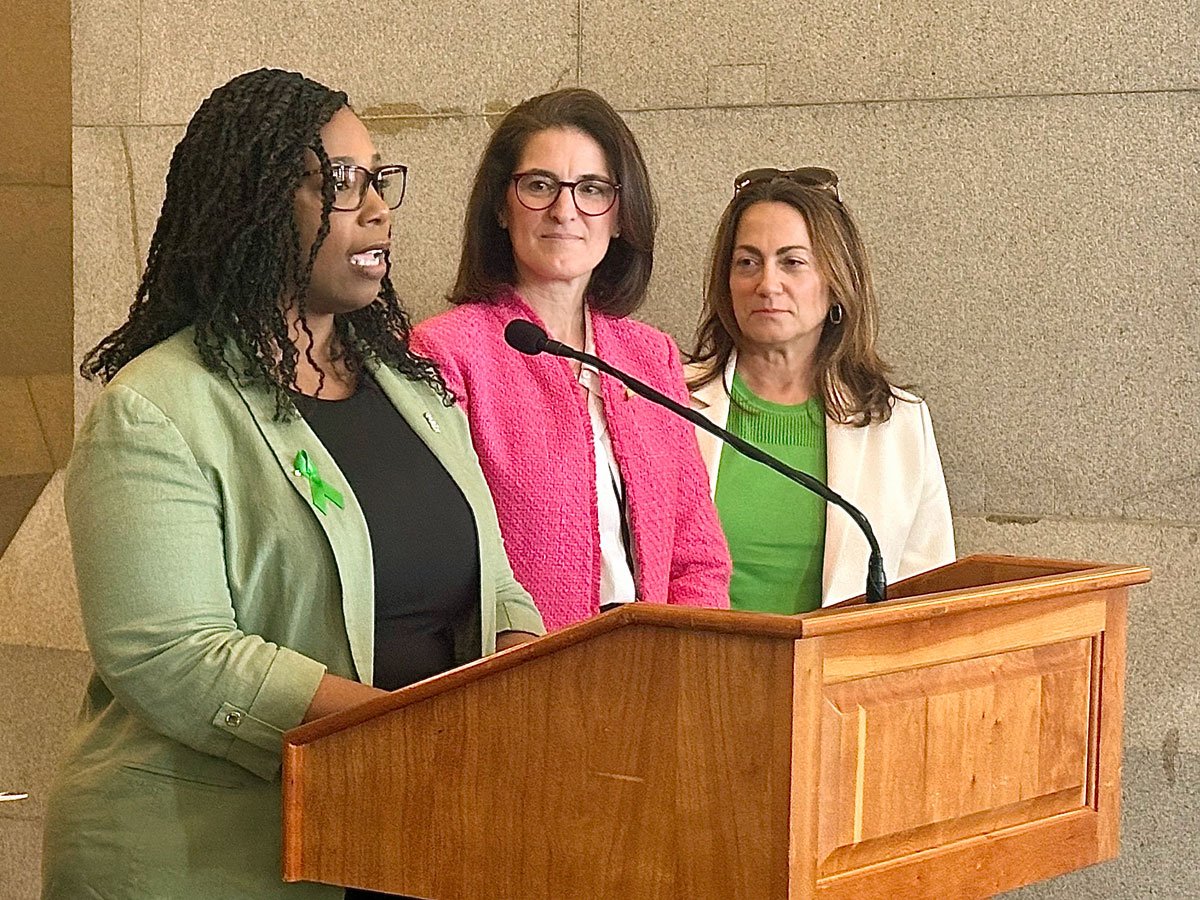HARTFORD, CT — The memory of late Middletown legislator Quentin “Q” Williams was honored during the third annual Mental Health and Wellness Day at the State Capitol on Tuesday, two years after his tragic death in a car accident. State Rep. Kai Belton, who succeeded Williams, emphasized the importance of supporting the community’s healing process. “I came from a grieving community,” said Belton, a licensed clinical social worker. “There was no better way to begin my legislative work than by creating space for healing, support, and connection. That’s how the wellness fair was born.”
This year’s event coincided with Mental Health Awareness Month and featured a wellness fair where community organizations offered resources, interactive activities, and advocacy tools aimed at improving mental health access. The gathering highlighted several legislative initiatives focused on expanding behavioral health care in Connecticut.
Belton introduced House Bill 7214, which aims to fill gaps in maternal mental health services. The bill mandates the Department of Public Health to assess how hospitals incorporate doulas into patient care and to publish a public report card on maternity services. This initiative seeks to improve maternal health outcomes and address disparities affecting racial and geographic groups.
Rep. Patrick Biggins, a newcomer to the legislature, discussed the passage of House Bill 7158. This legislation facilitates communication between health care providers and schools during psychiatric crises for minors. With parental consent, safety plans can be shared with schools, and the bill ensures timely discharge planning for children returning from inpatient care. “It’s a step in the right direction,” Biggins remarked.
State Rep. Tammy Exum, co-chair of the Transforming Children’s Behavioral Health Policy and Planning Committee, reaffirmed the committee’s commitment to prioritizing youth mental health. “Coming out of COVID in 2022, we realized our children were not okay. The pandemic may have ended, but the children’s mental health crisis has not,” Exum said. She emphasized that passing legislation alone is insufficient without proper implementation and funding.
Exum highlighted the need for sustained funding for Connecticut’s three Urgent Crisis Centers, which provide supportive care for young people in mental health crises. These centers, located in Hartford, Waterbury, and New London, offer treatment in a less intimidating environment than traditional emergency rooms, ensuring that youth receive a care plan and follow-up support.
Cristin McCarthy Vahey, a co-chair of the Public Health Committee, spotlighted two critical bills aimed at the intersection of mental health and addiction. One seeks to establish overdose prevention centers designed to reduce fatalities among individuals with substance use disorders. “These centers will help save lives by providing a safe environment for individuals to access treatment and support,” she stated.
The event underscored Connecticut’s focus on improving mental health services, particularly in the wake of the COVID-19 pandemic. Lawmakers remain dedicated to creating laws that not only address immediate needs but also ensure that mental health resources are accessible and effective for all citizens.



